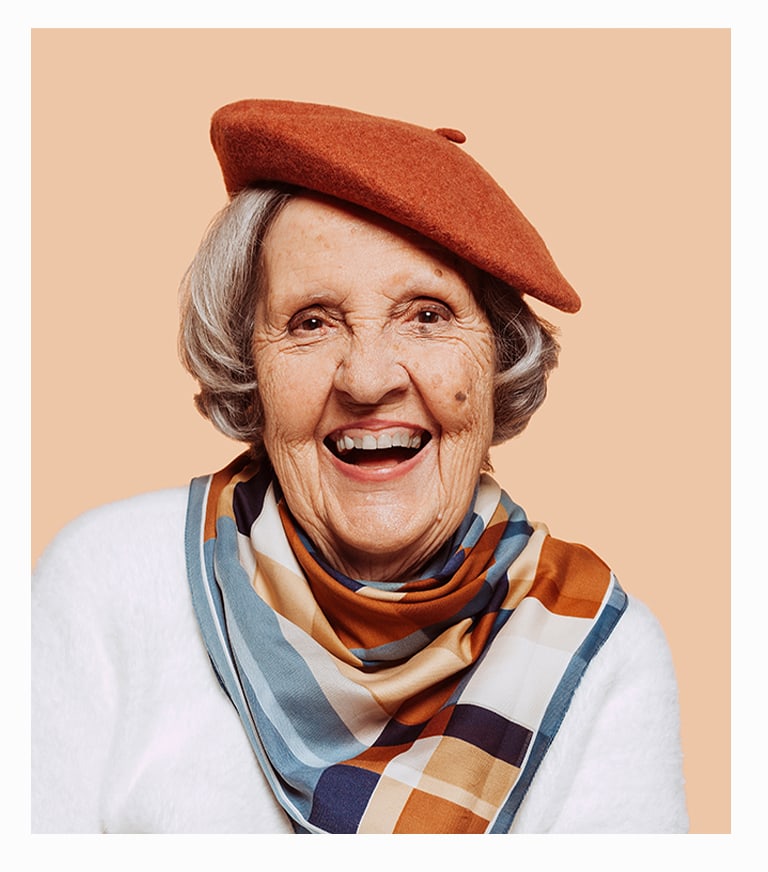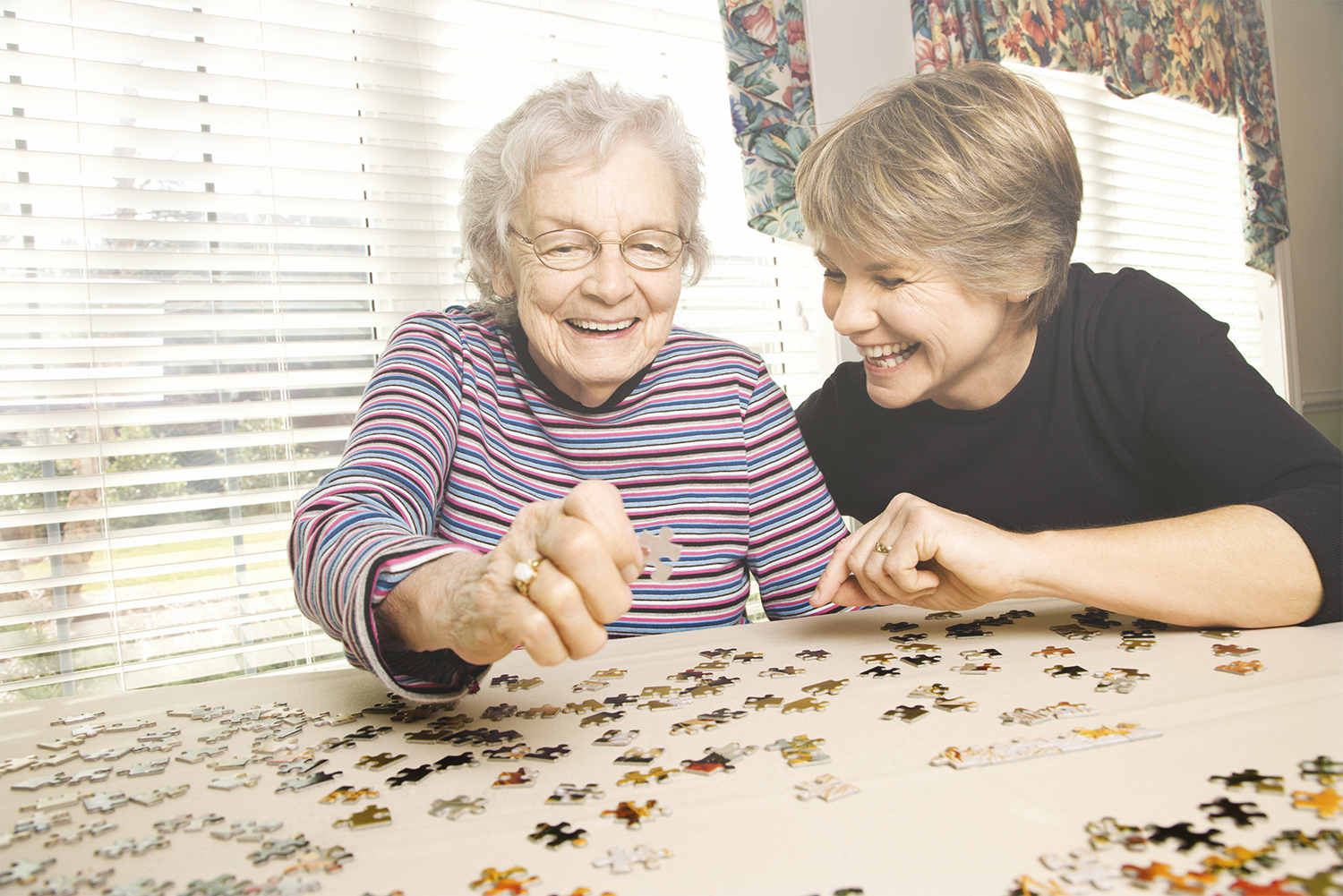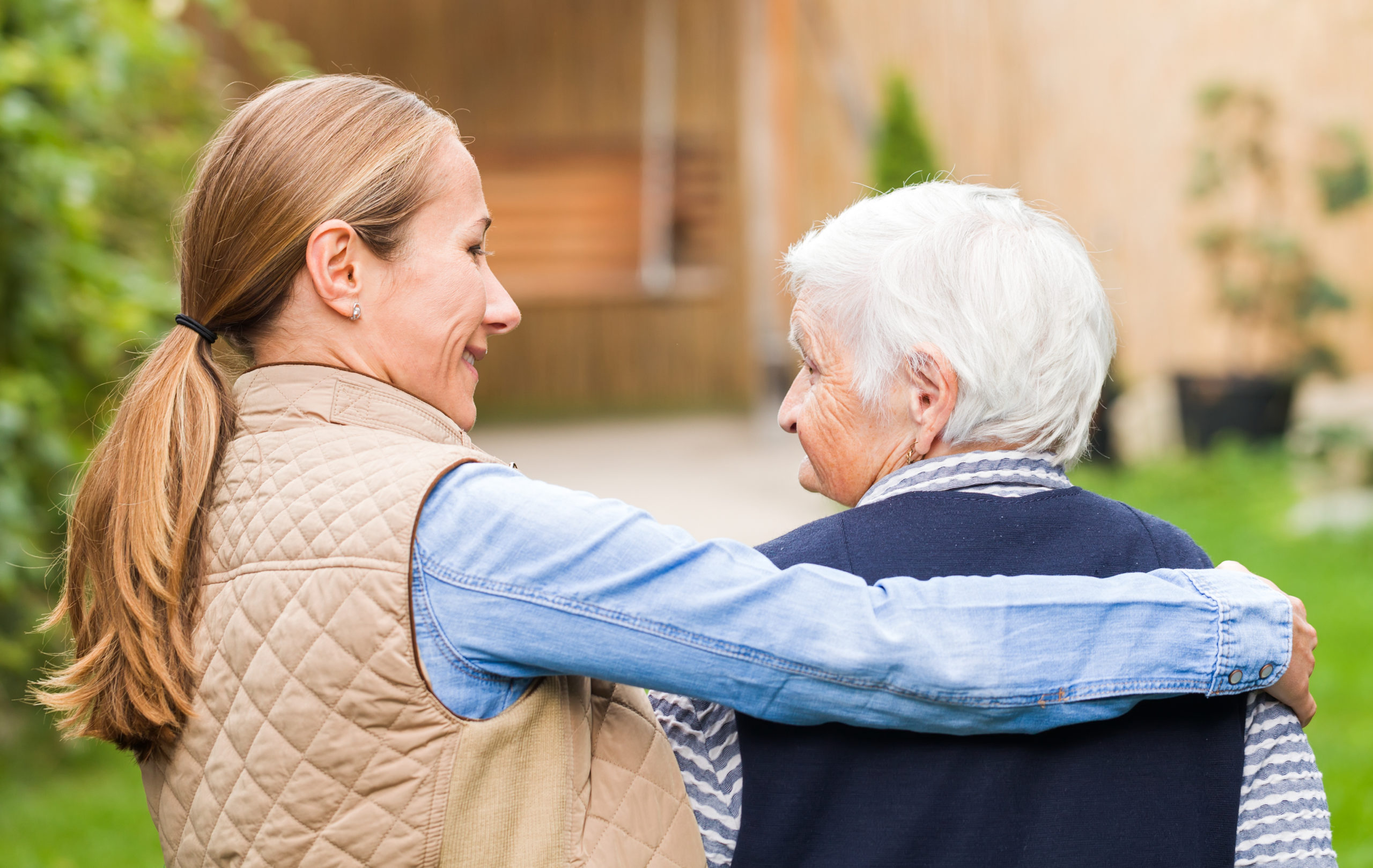By Kevin Mischke, Director of Family Services at Concierge Care Advisors As we were making plans to get pick out a Christmas tree I told my wife that I wanted some really bright bulbs on it this year. I wanted it to be as bright as Clark’s house in “Christmas Vacation”. That movie has become […]
Oh Christmas Tree, What Do You Mean?


























